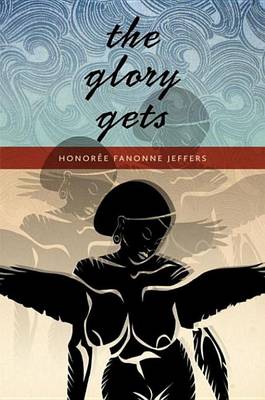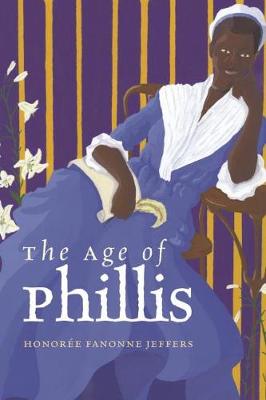Wesleyan Poetry
3 total works
Fierce and sensual, the poems in Outlandish Blues merge everyday speech with a shimmering lyricism and burst from the page into song. Honoree Fanonne Jeffers sees the blues, what she terms the "shared 'blue notes,' " as an important intersection between the secular and the divine, and between the various African American vernacular traditions, from spirituals to jazz. Part Nina Simone, part Bessie Smith, her poems are filled with a sweaty honesty, moving from the personal to the collective experience. This movement is often accomplished through the use of personae, concentrated here in a stunning series of poems on the Biblical figures of Hagar and Sarah. Whether about a contemporary domestic scene, a slave ship, or Aretha Franklin, these are poems that speak to the soul of experience.
In her three previous, award-winning collections of blues poetry, Honoree Fanonne Jeffers has explored themes of African American history, Southern culture, and intergenerational trauma. Now, in her fourth and most accomplished collection, Jeffers turns to the task of seeking and reconciling the blues and its three movements - identification, exploration, and resolution - with wisdom. Poems in The Glory Gets ask, "What happens on the road to wisdom? What now in this bewildering place?" Using the metaphor of "gets" - the concessional returns of living - Jeffers travels this fraught yet exhilarating journey, employing unexpected improvisations while navigating womanhood. The spirit and spirituality of her muse, the late poet Lucille Clifton, guide the poet through the treacherous territories other women have encountered and survived yet kept secret from their daughters. An online reader's companion will be available.
In 1773, a young, African American woman named Phillis Wheatley published a book of poetry that challenged Western prejudices about African and female intellectual capabilities. Based on fifteen years of archival research, The Age of Phillis, by award-winning writer Honorée Fanonne Jeffers, imagines the life and times of Wheatley: her childhood in the Gambia, West Africa, her life with her white American owners, her friendship with Obour Tanner, and her marriage to the enigmatic John Peters. Woven throughout are poems about Wheatley’s “age”—the era that encompassed political, philosophical, and religious upheaval, as well as the transatlantic slave trade. For the first time in verse, Wheatley’s relationship to black people and their individual “mercies” is foregrounded, and here we see her as not simply a racial or literary symbol, but a human being who lived and loved while making her indelible mark on history.


